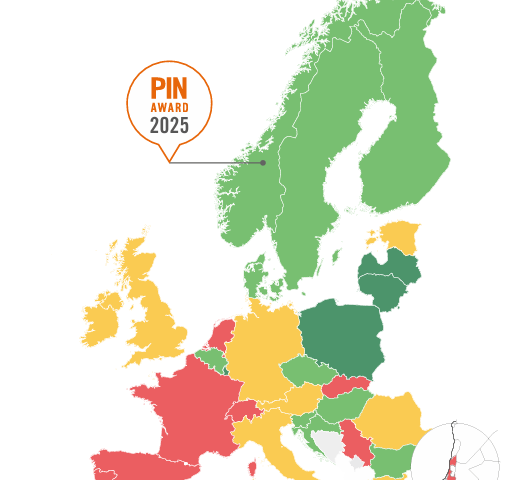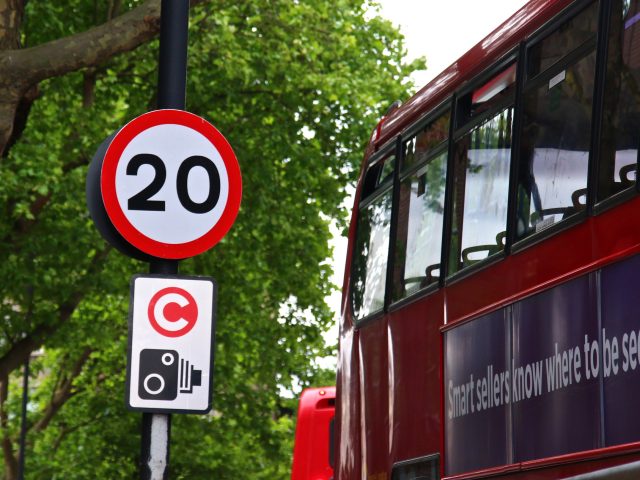Belgian-UK study: positive messages encourage safer driver behaviour more than fear tactics
A new study has shown that films demonstrating responsible behaviour could lead to young drivers taking fewer risks on the road than if they only saw videos aimed at provoking fear of accidents.
Over one million people are killed in road accidents each year and drivers below the age of 25 account for nearly half of road deaths.
Dr Yaniv Hanoch, Associate Professor of Risk Management at the University of Southampton, said: “Governments around the world have adopted a plethora of interventions aimed at encouraging safer driving, the majority of which use fear-based content, such as graphic depictions of sudden car crashes.
“However, previous research has suggested that such messages can be counter-productive, possibly because the emotive content can trigger defensive reactions and message rejection.”
In this latest research, led by Dr. Cutello of the University of Antwerp in partnership with the University of Southampton and the University of Warwick, 146 young drivers undertook tests to compare the difference in their attitudes to risky driving.
Half of the group viewed a six-minute video aimed at instilling fear through a crash caused by a reckless driver, distracted by his passengers. The other half saw a video showing a positive scene with a careful driver asking the passengers not to distract him. Both road safety films were developed specifically for, and used by, the Fire and Rescue Services across the United Kingdom.
Each participant took a questionnaire to assess his or her attitude to risk taking on the road before and after the trial. At the end of the trial, they also took a second test, the Vienna Risk-Taking Test-Traffic. In this test, they watched video clips of driving situations that require a driver reaction (for example, considering whether to overtake in icy conditions) and asked to indicate if, and when, they regarded the manoeuvre as too risky.
The findings, published in the journal Risk Analysis, indicate that the positively framed films significantly decreased risky driving after being seen on a 2D screen, and even more so when viewed in Virtual Reality (VR) format. In contrast, the fear film shown in VR failed to reduce risky driving behaviours, and in fact, increased young drivers’ risk taking.
The publication of the study coincided with a change of tone in France’s latest road safety campaign. While earlier campaigns tended to concentrate on traumatic events, the latest is a celebration of life’s special moments with the implication of what could be missed when life is cut short.







